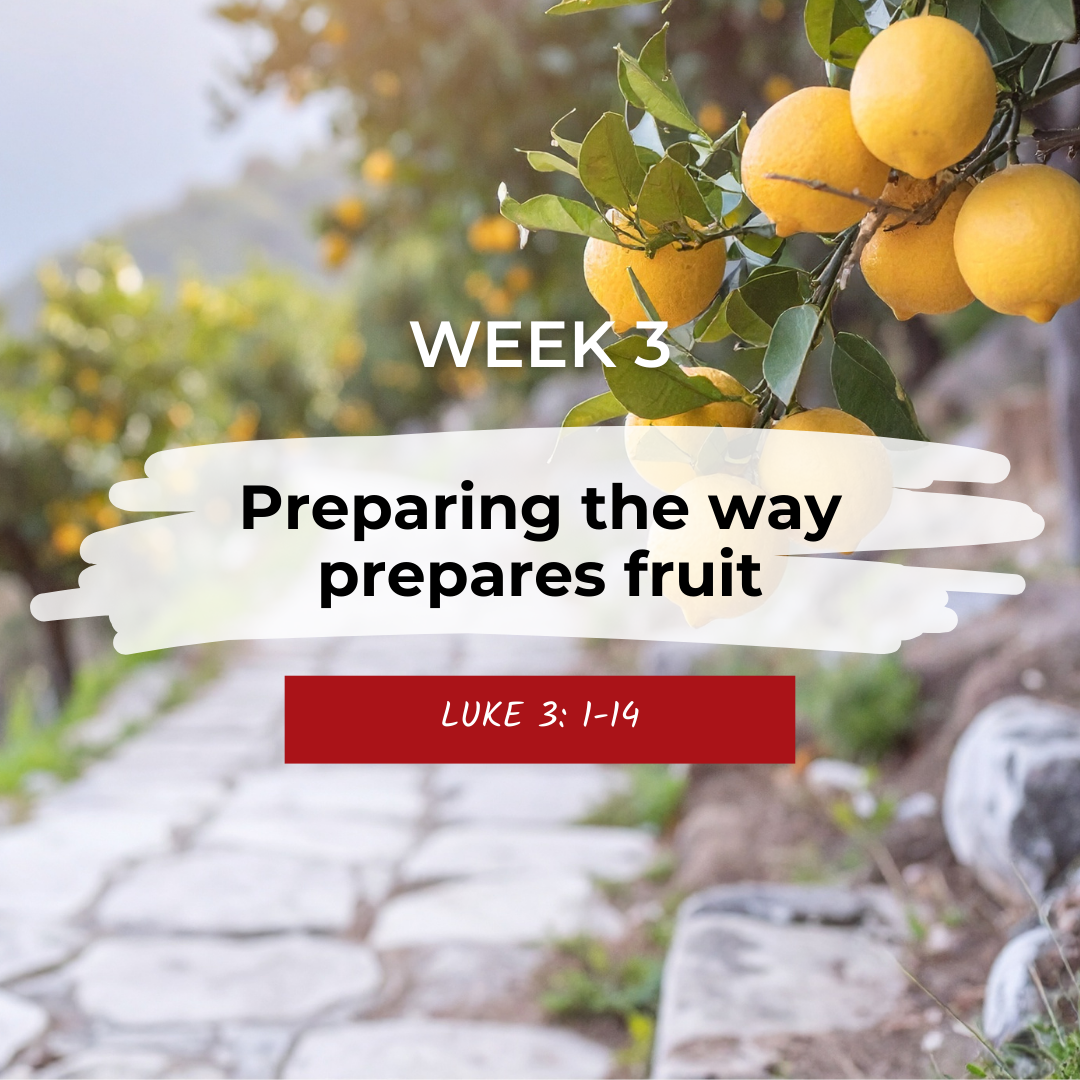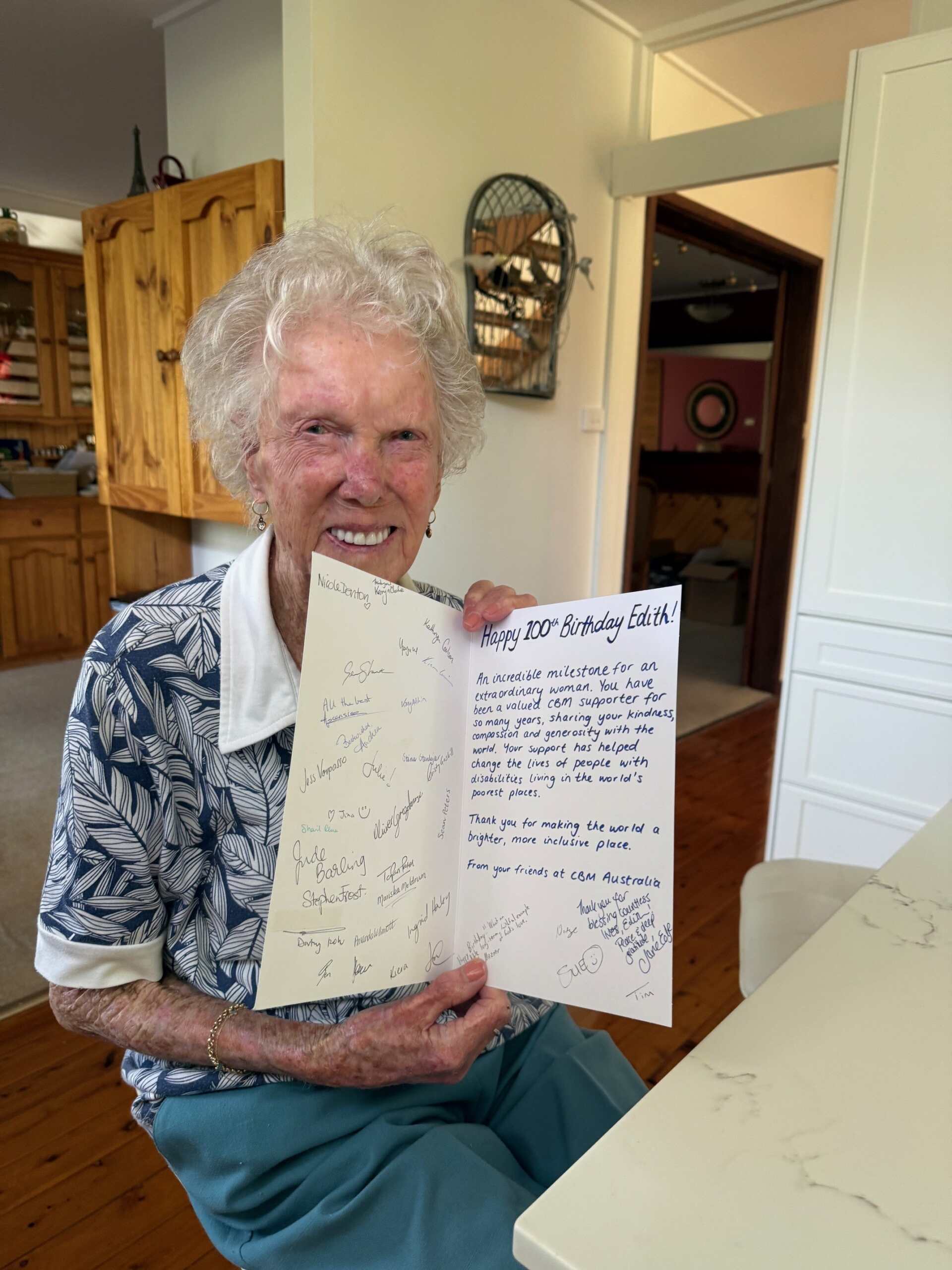Making gender a key focus of inclusive WASH practices and facilities
Stories | October 4, 2021
The United Nations recognises that girls and women with disabilities are among the most vulnerable and marginalised members of society. CBM Australia recognises the value of this statement and the necessity of access to water, sanitation and hygiene (WASH) practices and facilities in some of the poorest parts of the world.
Thorough handwashing practices are the most effective way to halt the spread of the COVID-19 pandemic, which has already claimed more than 23,000 lives around the world. However, for many women and girls with disabilities in developing countries, who experience barriers to accessing WASH relating to both their gender and their disability, COVID-19 is fraught with additional challenges. Disabilities might mean that hand-washing practices are difficult without assistance, or carers might be required, which can lead to problems observing social distancing, or even neglect.
Women and girls face further challenges, such as the need for accessible, private facilities for women to wash their bodies, clothing and other items used for managing menstrual hygiene. In addition to personal hygiene needs, women are often carers for family members with disabilities may be expected to perform increased labour tasks including fetching water, which can post additional challenges in accessing WASH. These tasks take women and girls away from the home during government lockdowns risking personal safety and fines, but also putting women in at risk of contracting the virus from prolonged exposure to other members of the community queuing for water and other resources for extended periods.
CBM Australia’s work with non-Government and aid organisations, Government agencies and disabled person’s organisations to ensure that water, sanitation and hygiene programs are disability-inclusive also has a focus on gender equity.
A research summary compiled by CBM and World Vision on Water Justice, Gender and Disability, explored gender-related access to WASH in Sri Lanka’s Jaffna District. The finding of indicated that women with physical disabilities are more likely than men to try to navigate inaccessible toilets, and because of this will sometimes avoid eating and drinking which in turn minimises the use of unhygienic and inaccessible toilets – creating other health problems for these women and girls.
A separate report about understanding disability and access to water, sanitation and hygiene in rural Papua New Guinea also concluded that women with physical disabilities experienced greater challenges in accessing water than men with physical disabilities. One Papua New Guinean woman living with a disability reported “only women collect the water, even when they are sick or have some physical difficulties. The men and children are not allowed to collect the water; this has been our practice since the days of our ancestors.”
Women surveyed for the report also agreed that there was an expectation they would lead WASH-related work in their household, even if they had a physical disability. A four-year project CBM Australia has undertaken with World Vision to improve WASH outcomes in Zimbabwe, where 60% of people do not have access to improved sanitation facilities, succeeded in improving awareness of hygiene and related practices among women with disabilities. “Prior to the project, we would not use soap. Now we use soap every time we wash our hands,” said one woman with a disability in the town of Gwanda.
The project also led to the establishment of several accessible communal standpipes, and women reported that increased access to water meant they could wash their hands more effectively and frequently and clean menstrual hygiene products.
By improving their own knowledge and practices around hygiene, women are able to share this with others in their households and communities, including children. At times such as this, this knowledge and hygiene practices result in improved health outcomes – and helps fight against the spread of illnesses such as COVID-19.
Please give generously and help protect communities from dirty water.
Donate today: www.cbm.org.au/water
https://www.cbm.org.au/stories/making-gender-a-key-focus-of-inclusive-wash-practices-and-facilities
Related Stories

Advent 2025: Preparing the way produces fruit
John the Baptist called people to prepare for God’s presence through repentance and by producing fruit (acts of justice,...

From sports to advocacy – the journey of the Isiolo Umbrella Disability Group
The Promoting Inclusive Delivery of Eye Care (PRIDE) Project is a...

Edith turns 100 – A life of generosity and joy
On Saturday, 4 October, Edith’s family gathered to mark an incredible milestone in style. Surrounded by her children, grandchildren...
